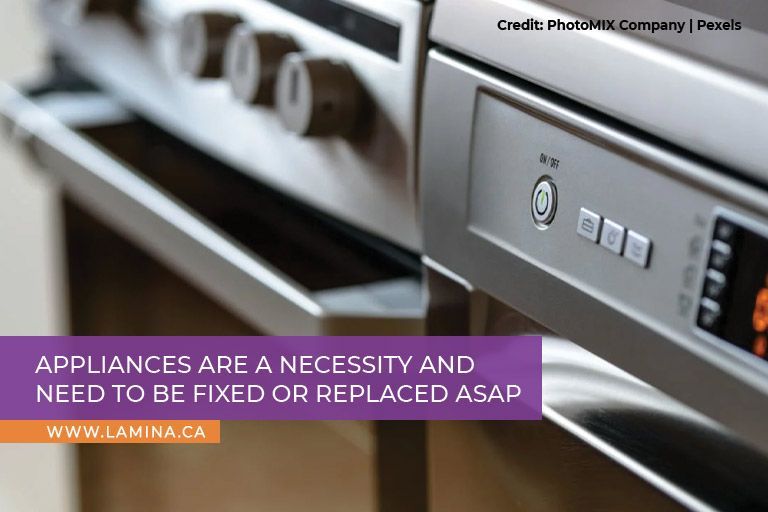Here are 12 unexpected expenses you might encounter, along with strategies to mitigate their impact:
1. Major Appliance Failure
Your refrigerator stops working, or your washing machine throws a tantrum mid-cycle. While regular maintenance can extend their lifespan, appliances have a natural expiration date.
Research the average lifespan of major appliances and factor in potential replacements during long-term budgeting. Consider extended warranties for critical appliances, but remember they may not cover everything.
2. Homeownership Problems
Owning a home comes with its share of responsibilities. Unexpected repairs like a leaky roof, a malfunctioning furnace, or a burst pipe can leave you with a hefty bill.
Budget for annual home maintenance, including inspections and cleaning of critical systems. Consider setting up a dedicated home maintenance fund to accumulate savings for repairs. If you're a homeowner, explore homeownership insurance to cover major repairs.
3. Vehicle Breakdowns
Cars are complex machines, and even the most reliable ones can experience breakdowns. You might need a new set of tires, unexpected repairs after hitting a pothole, or a costly battery replacement.
Schedule regular car maintenance to reduce the likelihood of unforeseen breakdowns. Set aside an emergency car repair fund to cover unexpected costs. While extended warranties can offer some peace of mind, ensure you understand the coverage details before purchasing.
4. Medical Emergencies
Even with health insurance, medical bills can be a significant source of financial stress. Deductibles, co-pays, and out-of-pocket expenses can quickly add up.
Review your health insurance plan carefully to understand coverage details and potential out-of-pocket costs.
5. Dental Emergencies
Just like medical emergencies, unexpected dental problems can be costly, whether it's a sudden toothache requiring a root canal or a chipped tooth needing repair.
Maintain good dental hygiene to minimize the risk of unforeseen dental issues. Schedule regular checkups and cleanings to catch problems early when treatment is typically less expensive. Consider dental insurance for preventive care and potential cost reductions.
6. Pet Emergencies
Our furry companions bring joy, but vet bills can be shockingly expensive. A sudden illness, an accident, or a necessary surgery can drain your savings.
Consider pet insurance, which can significantly reduce vet expenses. Set aside a pet emergency fund to cover unexpected costs associated with your furry friend's well-being.







